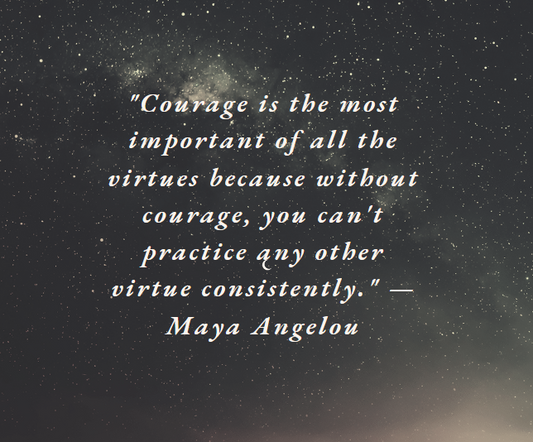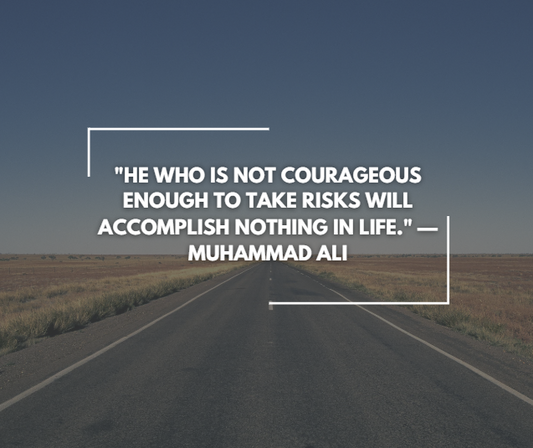"If you want to change the world, pick up your pen and write." Martin Luther King Jr.'s quote perfectly captures the enormous influence that written language and words have on influencing society. Writers and thinkers have used their words as tools of change throughout history, inspiring social change movements, inciting revolutions, and confronting injustice.
Writing is a means of expressing thoughts, feelings, and viewpoints. Writers are able to reach people and communities with strong messages that spark awareness, empathy, and action, whether through literature, essays, journalism, or speeches.
In particular, literature has played a significant role in upending dominant ideologies and influencing society norms. Fiction has been used as a platform by writers like Harper Lee (To Kill a Mockingbird) and George Orwell (1984) to criticise repressive systems and promote social justice. They help readers develop empathy and understanding by illuminating the nuances of human experiences via their stories.
Likewise, non-fiction publications like manifestos and essays have been crucial in promoting political and social change. James Madison, John Jay, and Alexander Hamilton penned the Federalist Papers, which had a significant influence on the creation of the US Constitution and popular support for the ratification process. These works established the foundation for the government of the country and clarified the fundamentals of democracy.
Journalism also plays a critical role in amplifying the voices of the marginalised and holding those in positions of power accountable. Investigative journalists bring to light topics that might otherwise go unnoticed by the public, such as corruption and violations of human rights. Investigative skills have been used by individuals like Bob Woodward, Nellie Bly, and Ida B. Wells to question authority and spark social change.
Writing encourages reflection and personal development in addition to influencing public discourse and enabling people to express their ideas and goals. Through personal essays, diaries, and journals, people can confront social norms, think back on their experiences, and envision a more equal future. Writing helps people develop their critical thinking abilities and sense of agency, which empowers them to stand up for what they believe in and inspire others to support them.
Writing also ensures that histories, customs, and viewpoints are recorded and passed down through the generations, acting as a means of cultural preservation. Written works, from old manuscripts to modern literature, offer insights into the variety of human experiences and serve as windows into the past. Writers add to the richness of language and culture by capturing its subtleties.
But it's important to understand that writing has its limitations when it comes to power. Meaningful engagement in written discourse can be impeded by factors such as publishing platforms, literacy rates, and educational opportunities. Furthermore, the spread of false information and propaganda emphasises the importance of critical literacy abilities and ethical responsibility for both writers and readers.
In conclusion, the quote from Martin Luther King Jr. that reads, "If you want to change the world, pick up your pen and write," emphasises the power of writing to alter society. Writers have the power to confront injustice, arouse empathy, and galvanise communities towards a more just and equitable future—whether via literature, journalism, or introspection. The written word helps us navigate the complexity of today's world.








